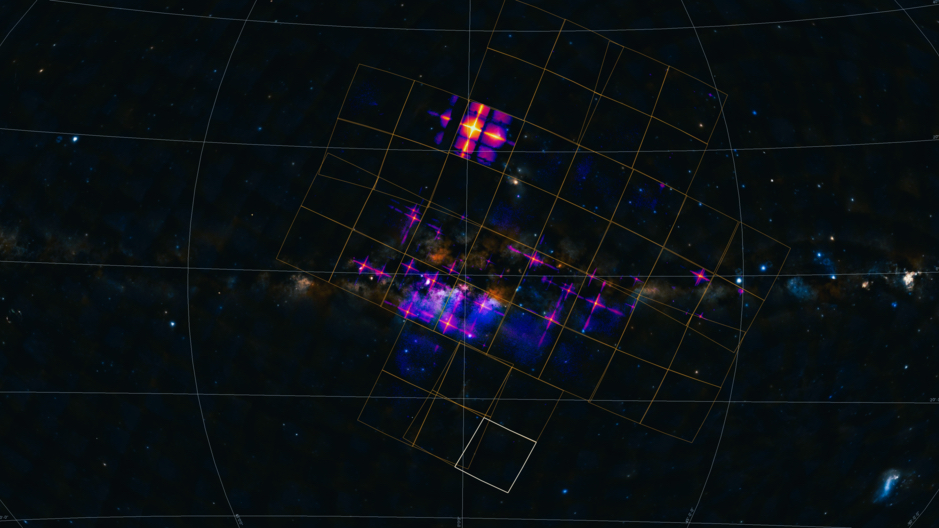Cancers, Vol. 15, Pages 1386: Genomic Alterations, Gene Expression Profiles and Functional Enrichment of Normal-Karyotype Acute Myeloid Leukaemia Based on Targeted Next-Generation Sequencing
Cancers doi: 10.3390/cancers15051386
Authors: Angeli Ambayya Rozaimi Razali Sarina Sulong Ezzanie Suffya Zulkefli Yee Yee Yap Jameela Sathar Rosline Hassan
Characterising genomic variants is paramount in understanding the pathogenesis and heterogeneity of normal-karyotype acute myeloid leukaemia (AML-NK). In this study, clinically significant genomic biomarkers were ascertained using targeted DNA sequencing and RNA sequencing on eight AML-NK patients’ samples collected at disease presentation and after complete remission. In silico and Sanger sequencing validations were performed to validate variants of interest, and they were followed by the performance of functional and pathway enrichment analyses for overrepresentation analysis of genes with somatic variants. Somatic variants involving 26 genes were identified and classified as follows: 18/42 (42.9%) as pathogenic, 4/42 (9.5%) as likely pathogenic, 4/42 (9.5%) as variants of unknown significance, 7/42 (16.7%) as likely benign and 9/42 (21.4%) as benign. Nine novel somatic variants were discovered, of which three were likely pathogenic, in the CEBPA gene with significant association with its upregulation. Transcription misregulation in cancer tops the affected pathways involving upstream genes (CEBPA and RUNX1) that were deregulated in most patients during disease presentation and were closely related to the most enriched molecular function gene ontology category, DNA-binding transcription activator activity RNA polymerase II-specific (GO:0001228). In summary, this study elucidated putative variants and their gene expression profiles along with functional and pathway enrichment in AML-NK patients.

 1 year ago
24
1 year ago
24


